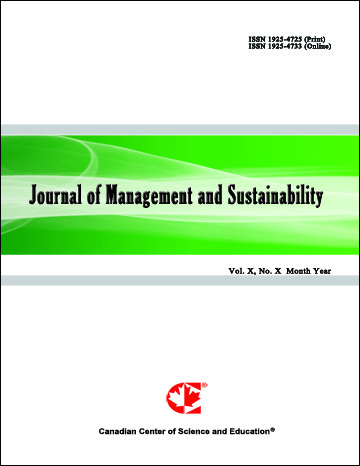Carbon Costs and Credit Risk in a Resource-Based Economy: Carbon Cost Impact on the Z-Score of Canadian TSX 260 Companies
- Adeboye Oyegunle
- Olaf Weber
- Amr Elalfy
Abstract
Climate risks and climate risk-related policies on carbon threaten the ability of economies to thrive and will impact the credit risk of many sectors, primarily high-emitting sectors. Higher credit risks will also affect lenders if their credit portfolios are exposed to climate change risks. The introduction of carbon pricing policies will exacerbate this threat in resource-based economies such as Canada. While some research exists on climate exposure and risks to lending portfolios, there is a knowledge gap on how carbon pricing impacts individual commercial credit risk. Consequently, this study analyzes the effect of different carbon pricing scenarios on Altman’s z-score. Using the Canadian TSX 260 data between 2010 and 2020 as a sample, this paper applied the costs of different carbon prices using the Canadian Government’s carbon price regime of $0 to $170 to analyze Altman’s z-score variables until 2030. The results suggest that carbon price will significantly impact the credit risk of companies in high-emitting industries, such as the energy sector. We conclude that climate policy exposure in the form of carbon costs will have a real impact on credit risk and that lenders must consider carbon emissions as part of their credit risk assessment.
- Full Text:
 PDF
PDF
- DOI:10.5539/jms.v13n1p187
Journal Metrics
Google-based Impact Factor (2021): 1.54
h-index (July 2022): 37
i10-index (July 2022): 147
h5-index (2017-2021): 12
h5-median (2017-2021): 19
Index
- Academic Journals Database
- ANVUR (Italian National Agency for the Evaluation of Universities and Research Institutes)
- CAB Abstracts
- CNKI Scholar
- EconBiz
- Excellence in Research for Australia (ERA)
- GETIT@YALE (Yale University Library)
- Harvard Library
- HeinOnline
- Infotrieve
- JournalTOCs
- LOCKSS
- MIAR
- PKP Open Archives Harvester
- RePEc
- Scilit
- SHERPA/RoMEO
- Stanford Libraries
- UCR Library
Contact
- Evelyn XiaoEditorial Assistant
- jms@ccsenet.org
